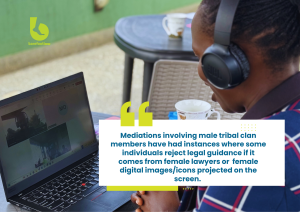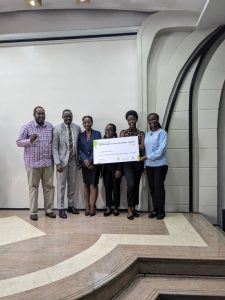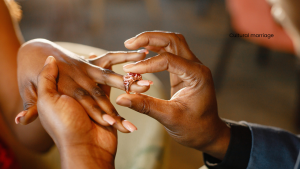While giving his closing remarks during a legal sensitization in Paicho Subcounty, Gulu District in Northern Uganda on Tuesday, 26th May 2025, the Paramount Chief of Acholi, Rwot Onen David Acana II, said that the digital legal services offered at the BarefootLaw Box in Paicho “demonstrate that laws do not only belong in the cities, but laws can also be decentralized for people in the villages.”
The sensitization convened over two hundred (200) clan leaders from the eight (8) districts of the Acholi sub-region for a knowledge exchange on how to harmonize cultural justice mechanisms and the law. The content and theme of the training were informed by various cases received at the BarefootLaw Box, where cultural practices differed from processes stipulated in the law.
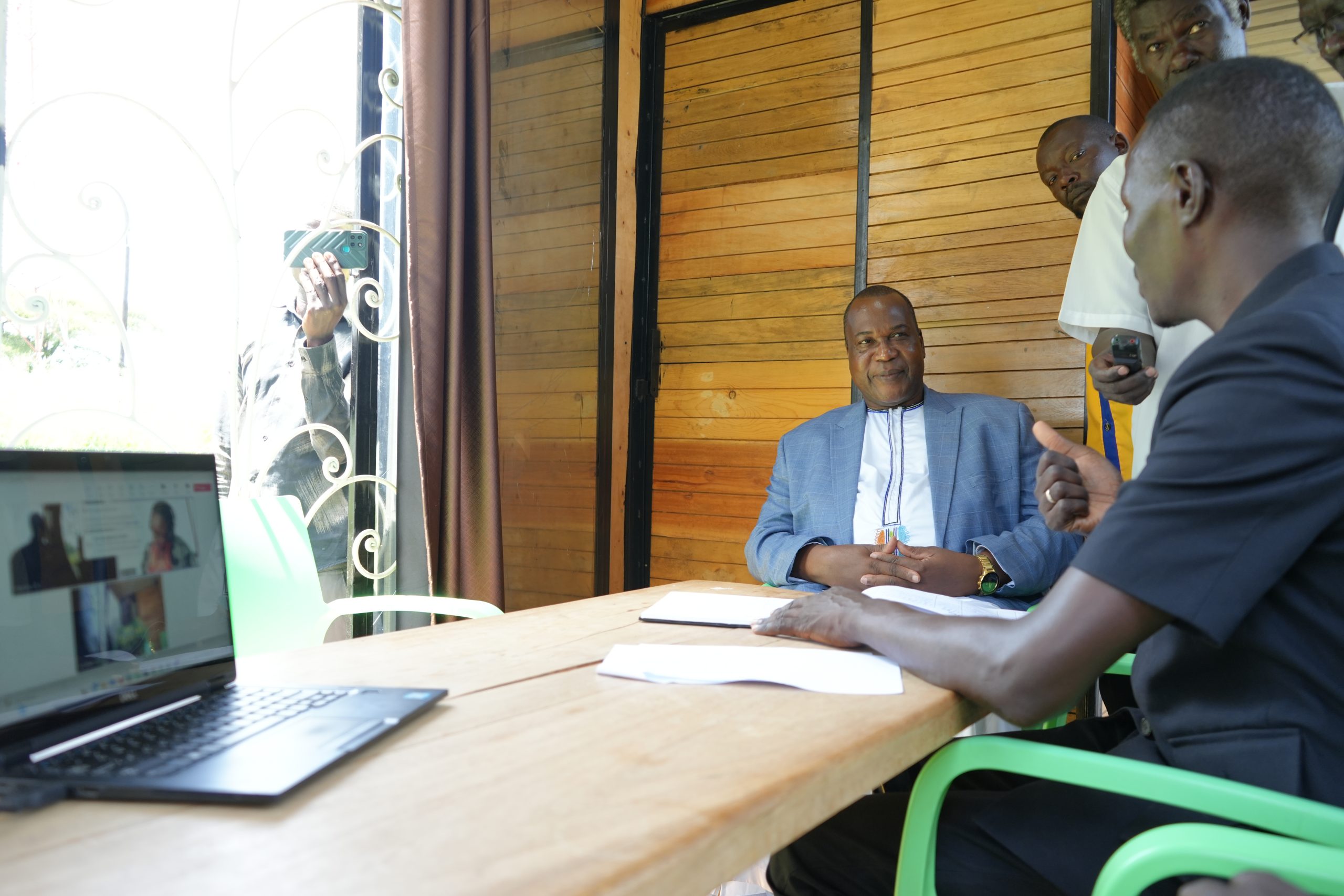
Interesting perspectives during the training
We engaged the leaders in a two-way discussion on issues including educating them on the laws that provide for customary leaders, posthumous marriage practices, the return of dowry, and corporal punishment for misdemeanors etc.
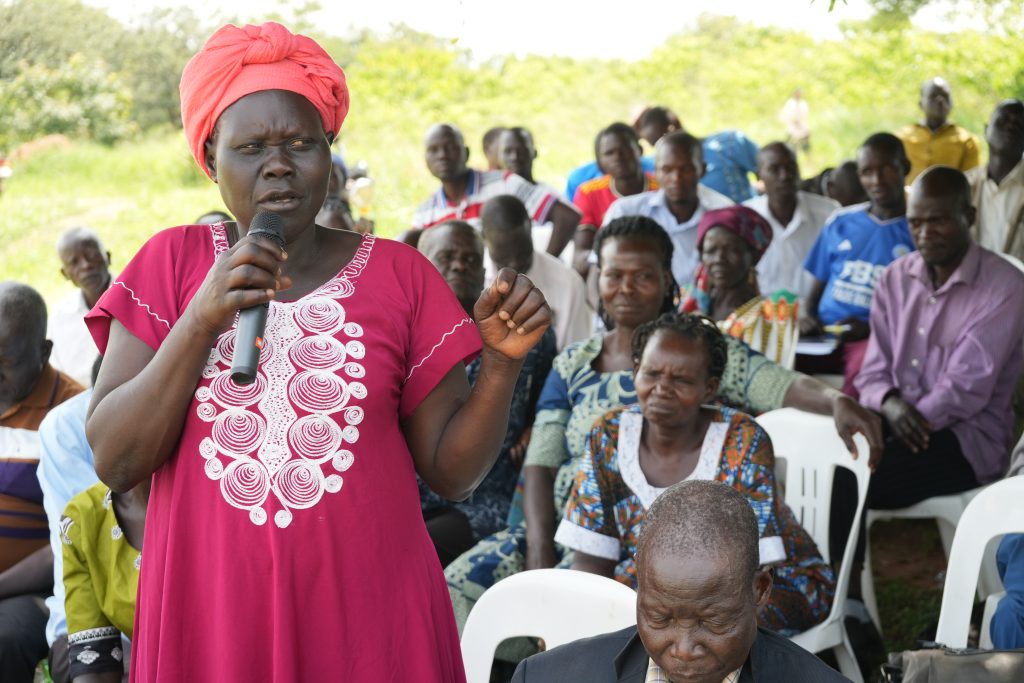
“One of the most contentious topics was on the return of dowry,” Wabule, one of the training lawyers, reported. The practice in the community is that when a marriage ends, the parents of the wife are expected to return the full amount of dowry that had been given at the beginning of the marriage. “The leaders argued that sometimes the women leave marriages in pursuit of other love interests, it is unfair to their husbands, therefore justifying the practice of return of dowry,” Ocaya, another lawyer, explained.
During the training, Wabule informed them that the traditional custom and practice of demanding a refund of dowry is unconstitutional and “dehumanizing to women”.
“The return of [the] dowry connotes that the woman in marriage was some sort of loan,” she stated.
By the end of the heated session, the leaders agreed that it is “unfair” for the parents of the woman to be asked to refund dowry after years of marriage, some further stating “it was unlikely they would have kept the property
.”
The Resolve- Harmonizing culture and the Law
Today, we are here to bridge the role between culture and the law. And to educate each other on how customary leaders, and lawyers like us, can better deal with problems in our communities. We are here to look for the good in the western system, and the good in our system, and find a way of making them work together, for the benefit of our people, as we create peaceful communities in which people can thrive.
– Gerald Abila, CEO and Founder of BarefootLaw.
Hon. Charles Okello, the Local Council (LCIII) commended the leader for honoring the training in large numbers. “One mango tree has gathered over 30 clans of Acholi. That is what we need to do as Acholi people- gather to reconcile,” he said.
BarefootLaw’s Chief Executive Officer (CEO), Gerald Abila, added that for so many years, customary leaders were the people to whom people in communities went to have their legal problems resolved. However, during colonialism, the leaders were ignored and their ways were called backward.
“It is because of this that we have seen so many problems left unresolved in our communities, why justice has become expensive, and why our community people go to court and they do not understand English, “ Abila explained. He further stated that some of the dispute resolution mechanisms of the traditional system are “tried and tested.“
His Royal Highness Rwot Acana II thanked BarefootLaw for being forward-looking by bringing this training to the people of Paicho and Acholi, stating that he gained a tremendous amount of knowledge. ” With resources allowing and with time allowing, this should go to all the chiefs of Acholi, where it will reach all the people of Acholi.”
He further encouraged all the leaders to heed the lessons they had received and desist from continuing with unjust practices, especially against women and girls, while carrying out their roles.
This dialogue between the customary and formal justice mechanisms enables us to work together to resolve disputes better and create more peaceful communities in which our people can thrive.

